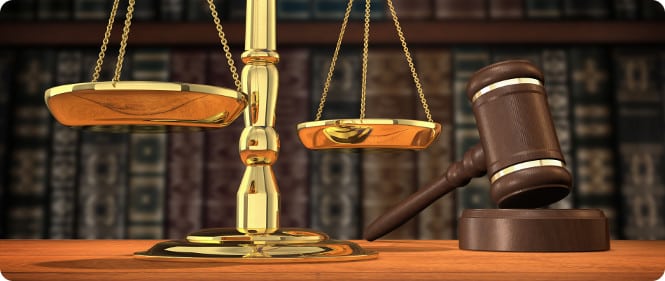The US legal system depends on federal law, augmented by laws enacted by state legislatures and local laws passed by counties and cities. Hutchison & Stoy law firm in Fort Worth claims that most rights and freedoms experienced by Americans and are enshrined in the initial ten amendments of the US Constitution and predominantly known as the ‘Bill of Rights’.
American law and the US Constitution apply to everybody in the US, independent of citizenship or immigration status, and even illegal immigrants have a large portion of an indistinguishable fundamental legal rights from US citizens. Under the US constitution, each state has the ability to build up its own particular system of criminal and civil laws, bringing about 50 different state legal systems, each upheld by its own laws, prisons, police forces, and county and city courts. There’s a wide variety in state and local laws, making life troublesome for individuals moving between states. Never expect that the law is the same in different states.
There are many important aspects that make up the legal system as it is dynamic in nature. Here a few of them: -
The US judiciary- It is independent of the government and consists of the Supreme Court, the US Court of Appeals and the US District Courts. The Supreme Court, the highest court in the land, consists of nine judges who are appointed for life by the President. Its choices are final and legally official on all gatherings. In choosing cases, the Supreme Court surveys the exercises of state and federal governments and chooses whether the laws are constitutional.
Federal courts- A separate system of federal courts operates alongside state courts and manages cases arising under the US Constitution or any law or treaty. Federal courts additionally hear disputes including state governments or between citizens inhabitant in different states. Cases falling inside federal jurisdiction are heard under the watchful eye of a federal district judge. Appeals can be made to the Circuit Court of Appeals and in specific cases to the US Supreme Court.

Civil and Criminal courts- There’s an unmistakable separation and distinction between civil courts, which settle disputes between individuals, (for example, property division after a separation), and criminal courts that prosecute the individuals who infringe upon the law. Wrongdoings are sorted as minor offenses or serious infringement of the law (‘felonies’). Wrongdoings incorporate offenses, for example, dropping litter, illegal parking or jay-walking, and are usually managed by a fine without a court appearance. Felonies, which incorporate robbery and drug dealing, are attempted in a court of law and those discovered blameworthy are generally sentenced to prison. In numerous counties and cities, there are frequently eccentric local laws (usually identifying with misdeeds instead of felonies).



